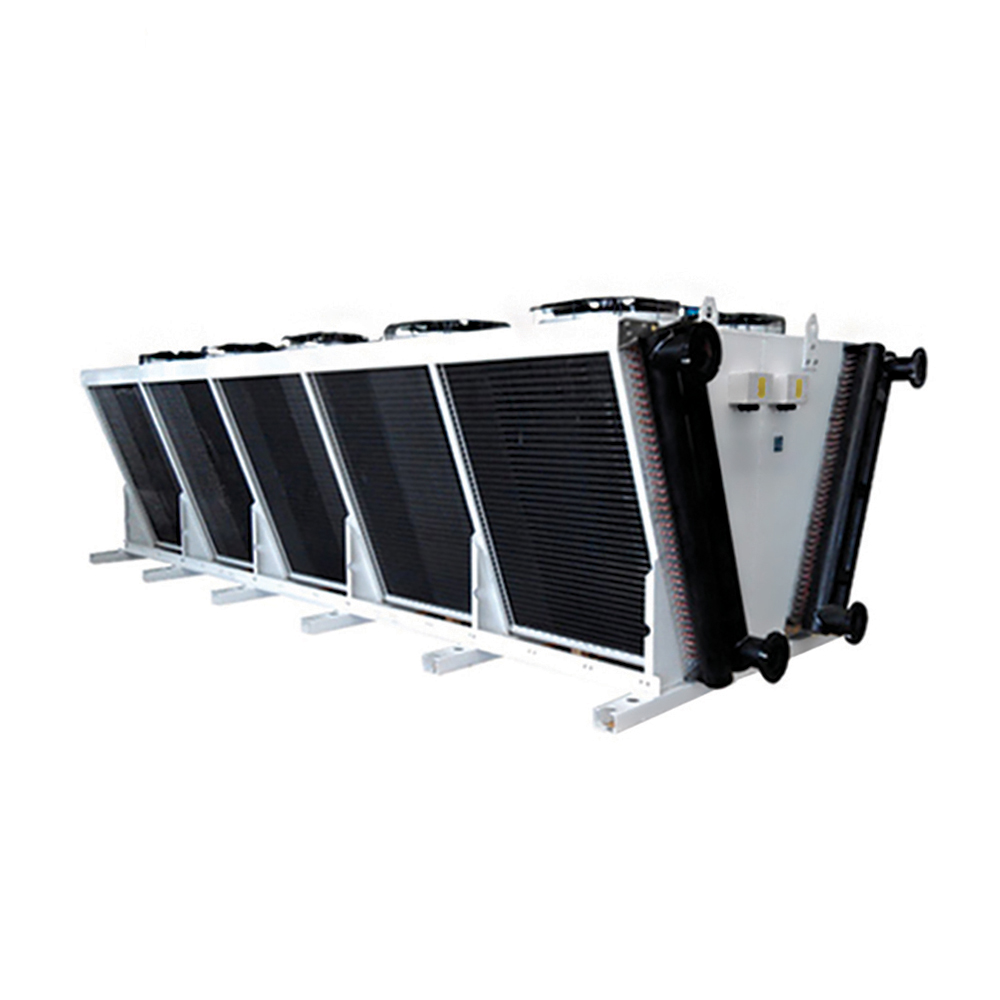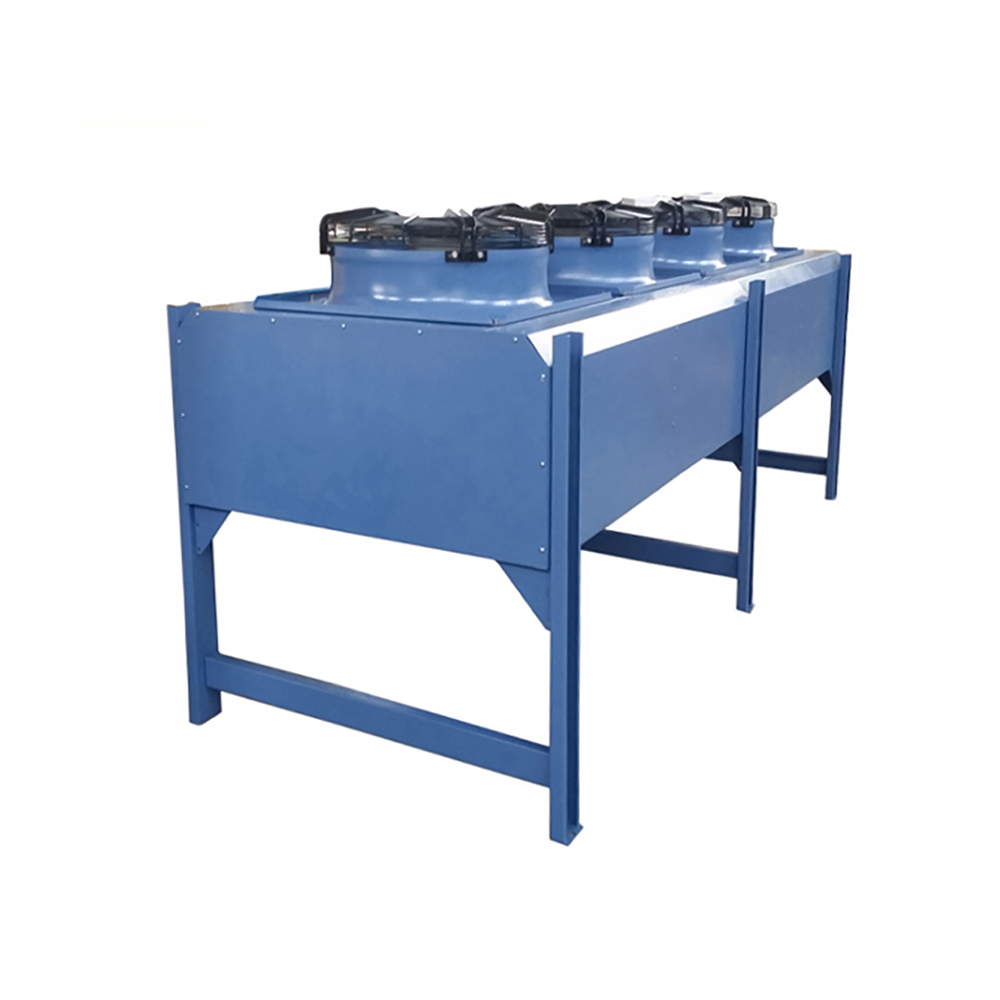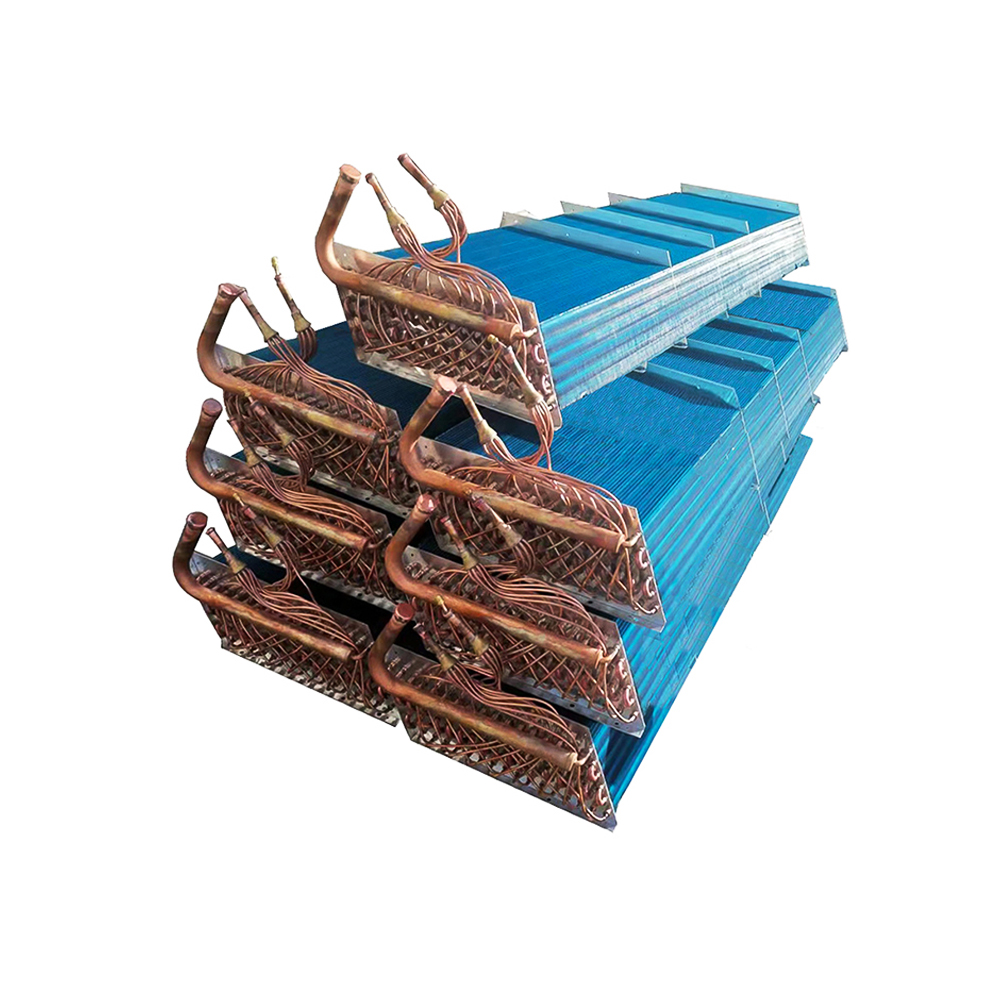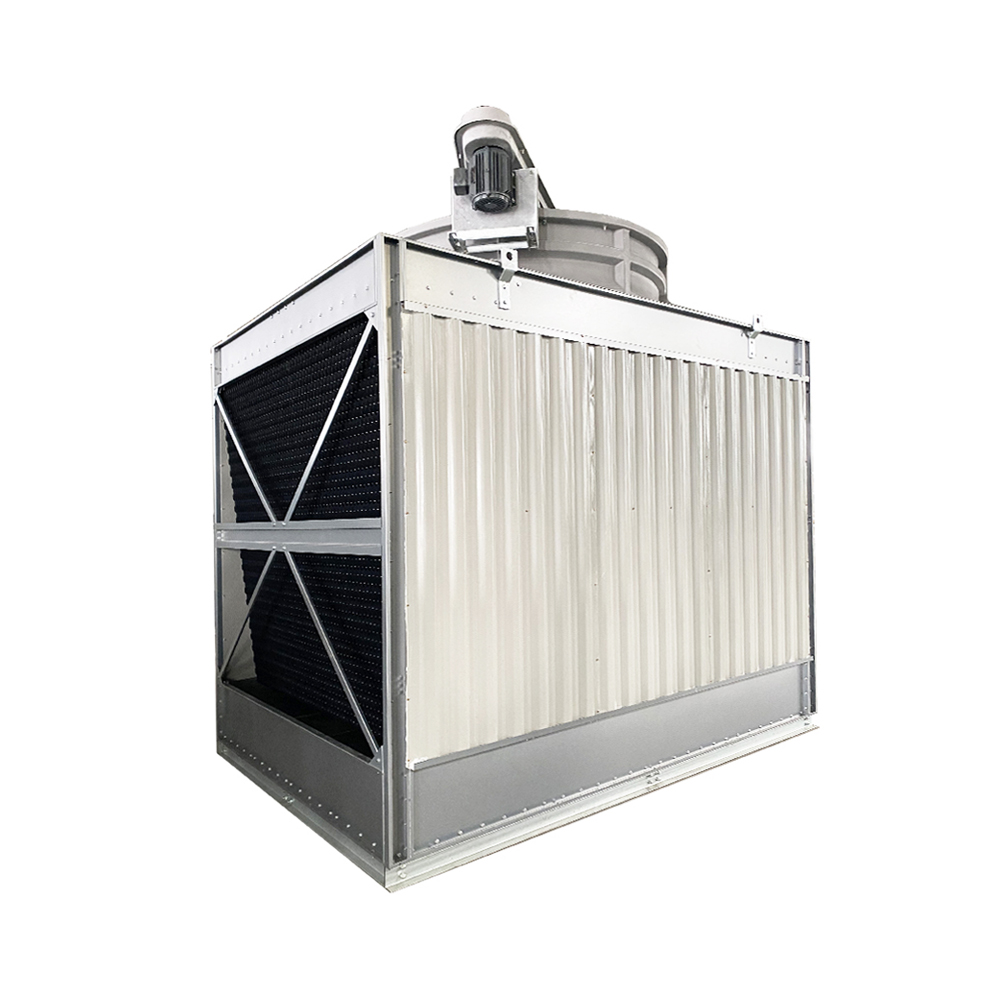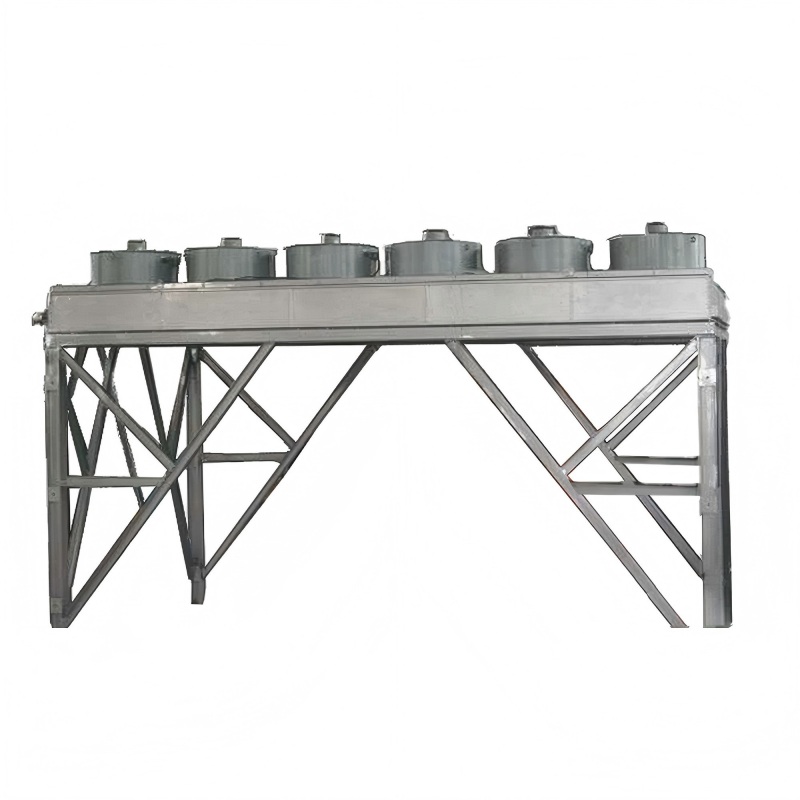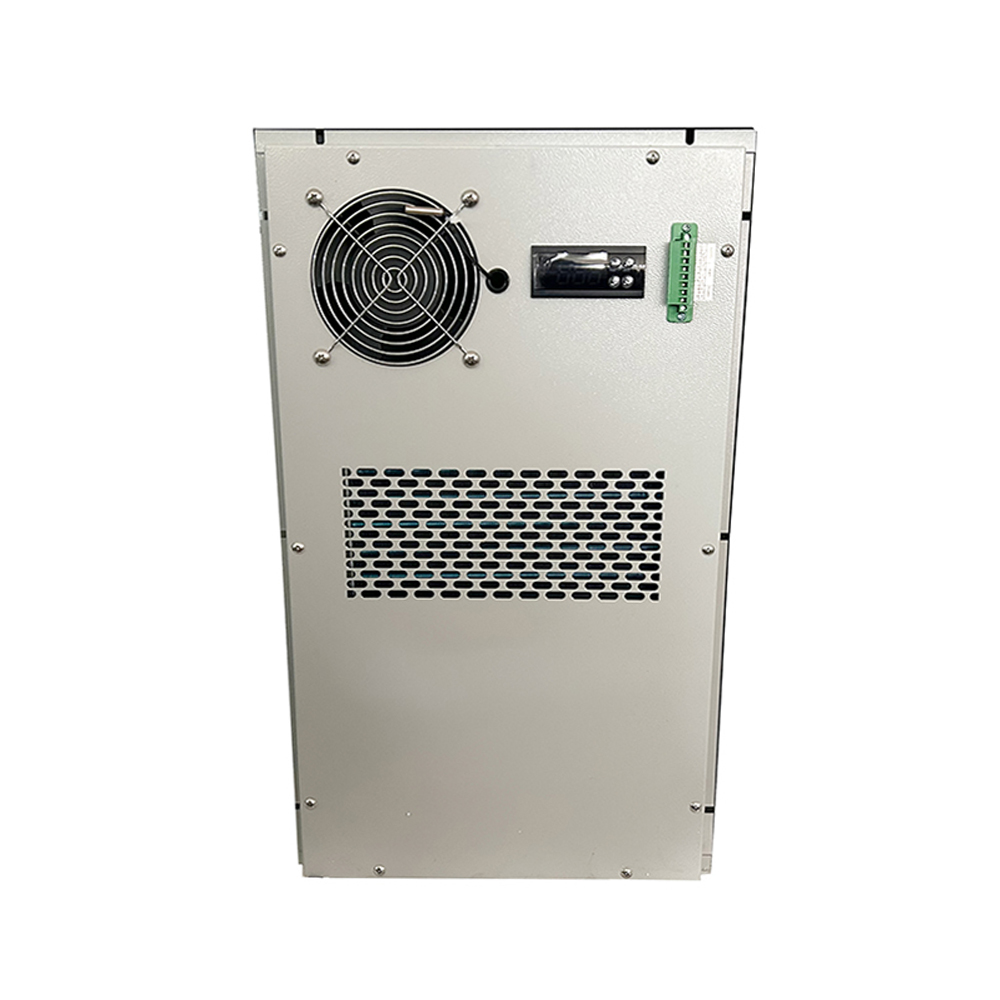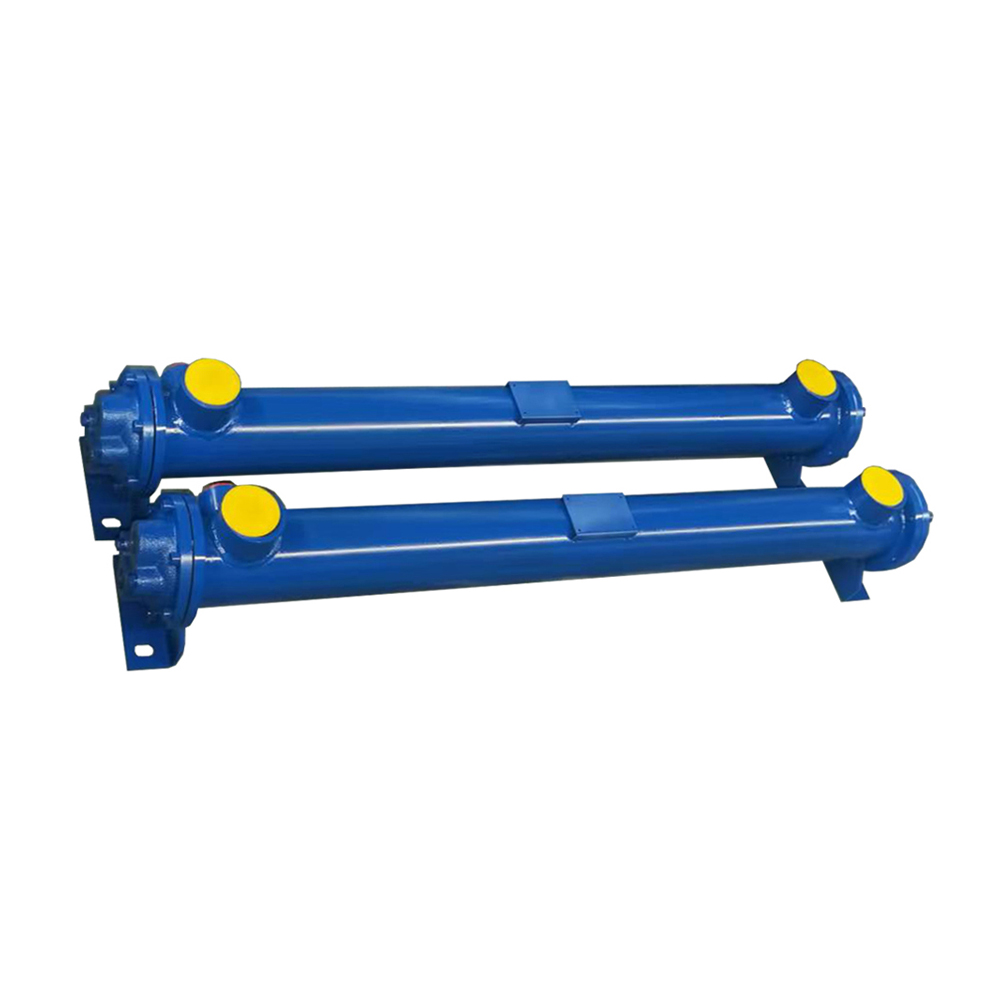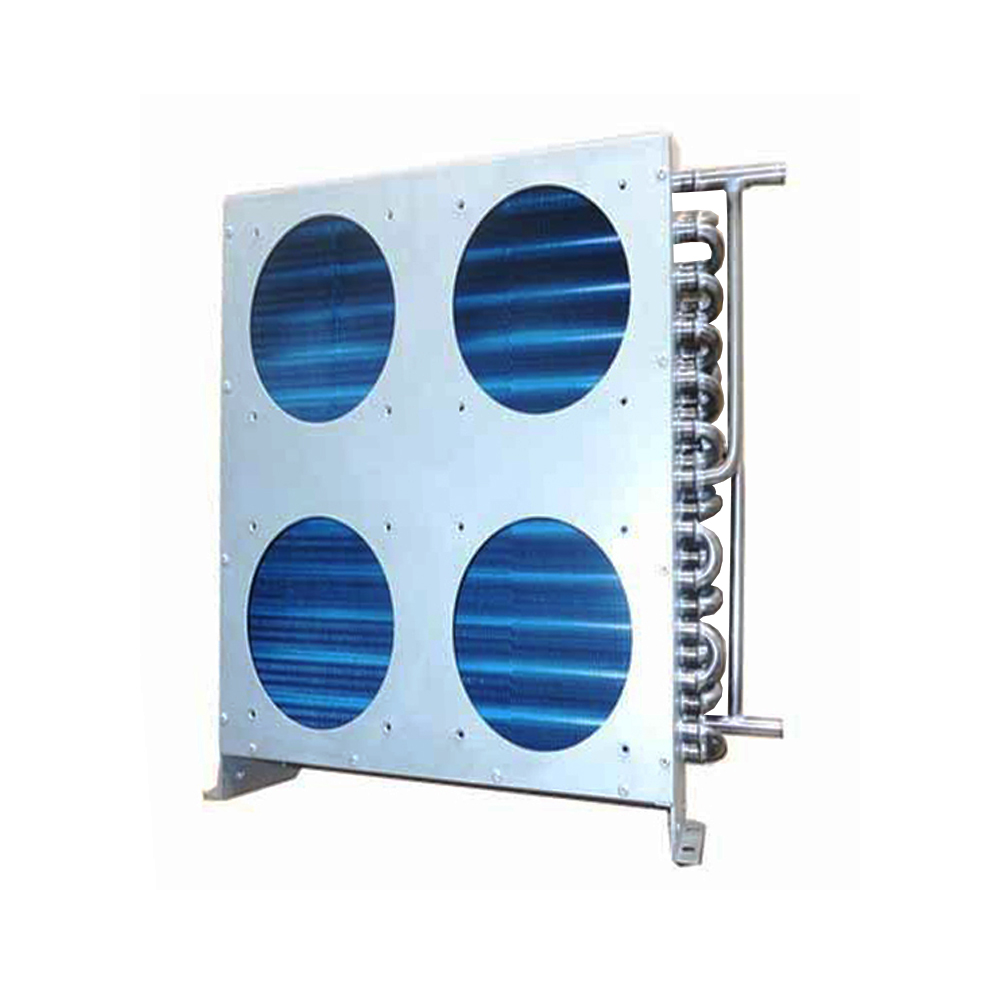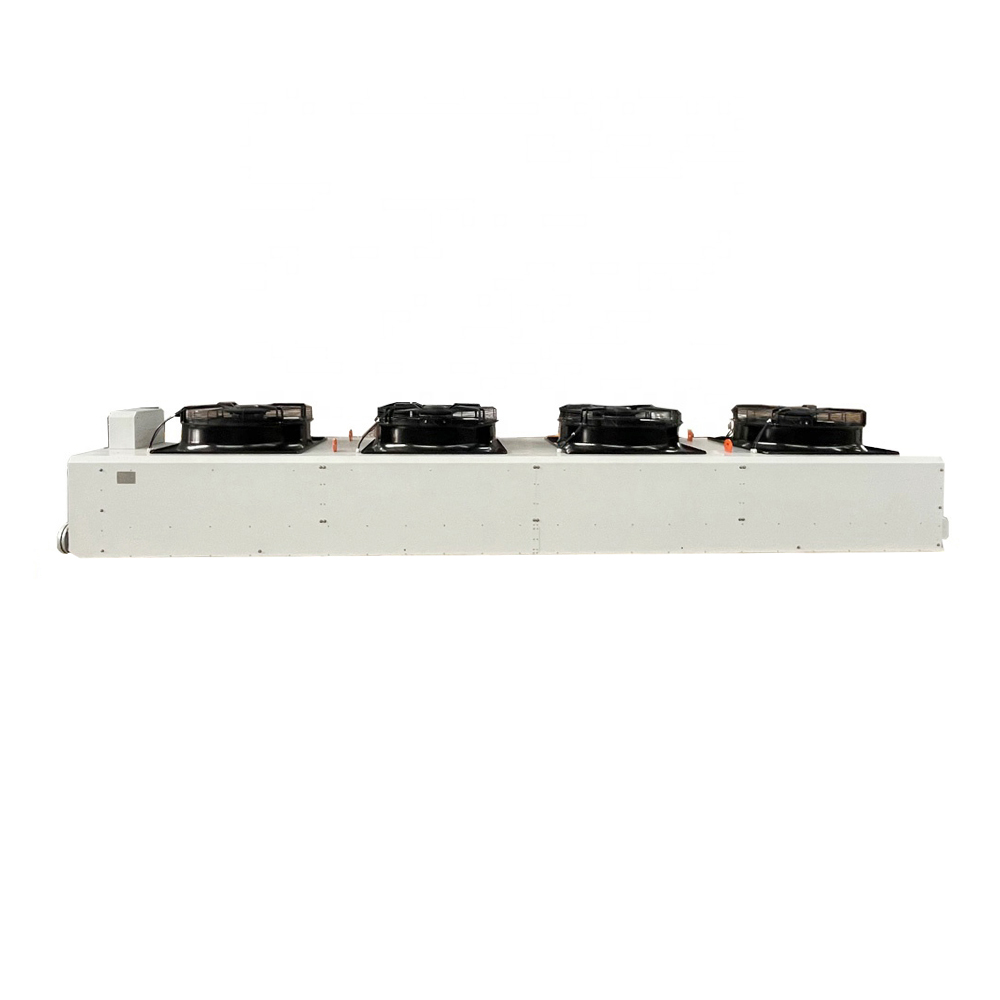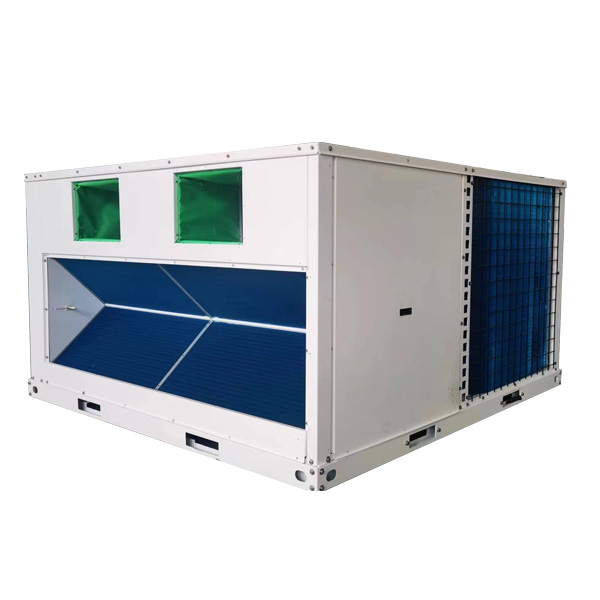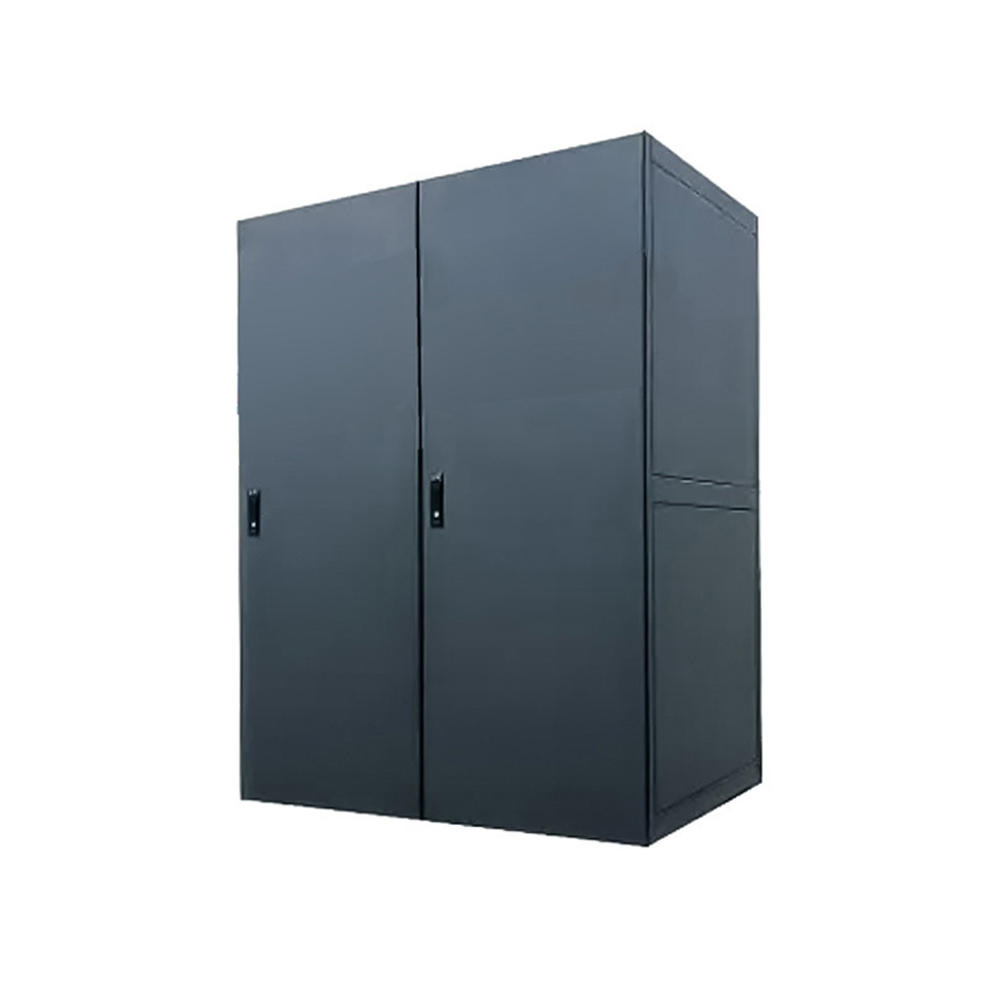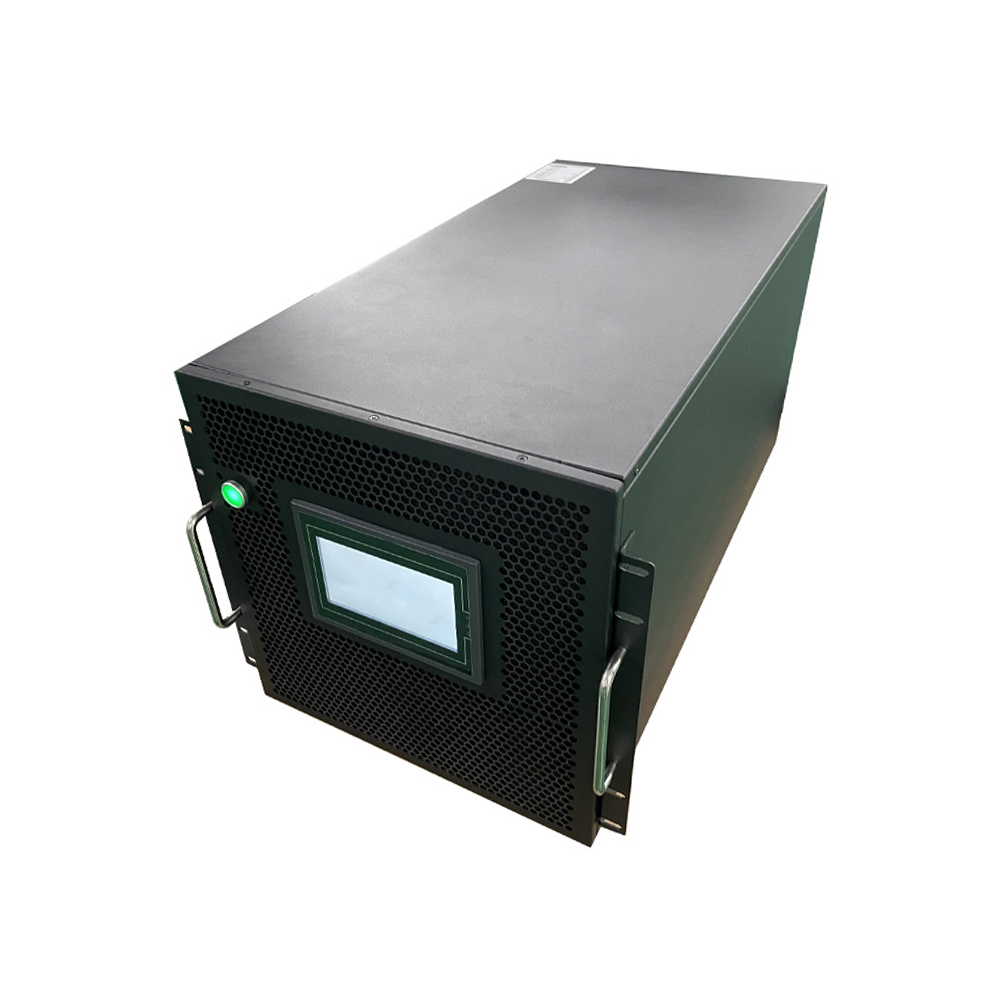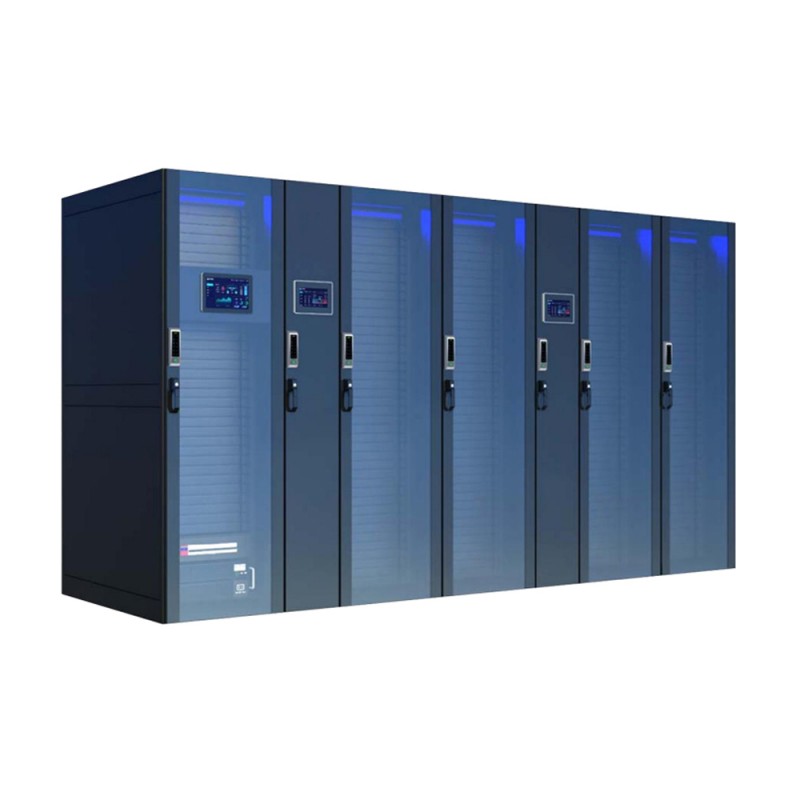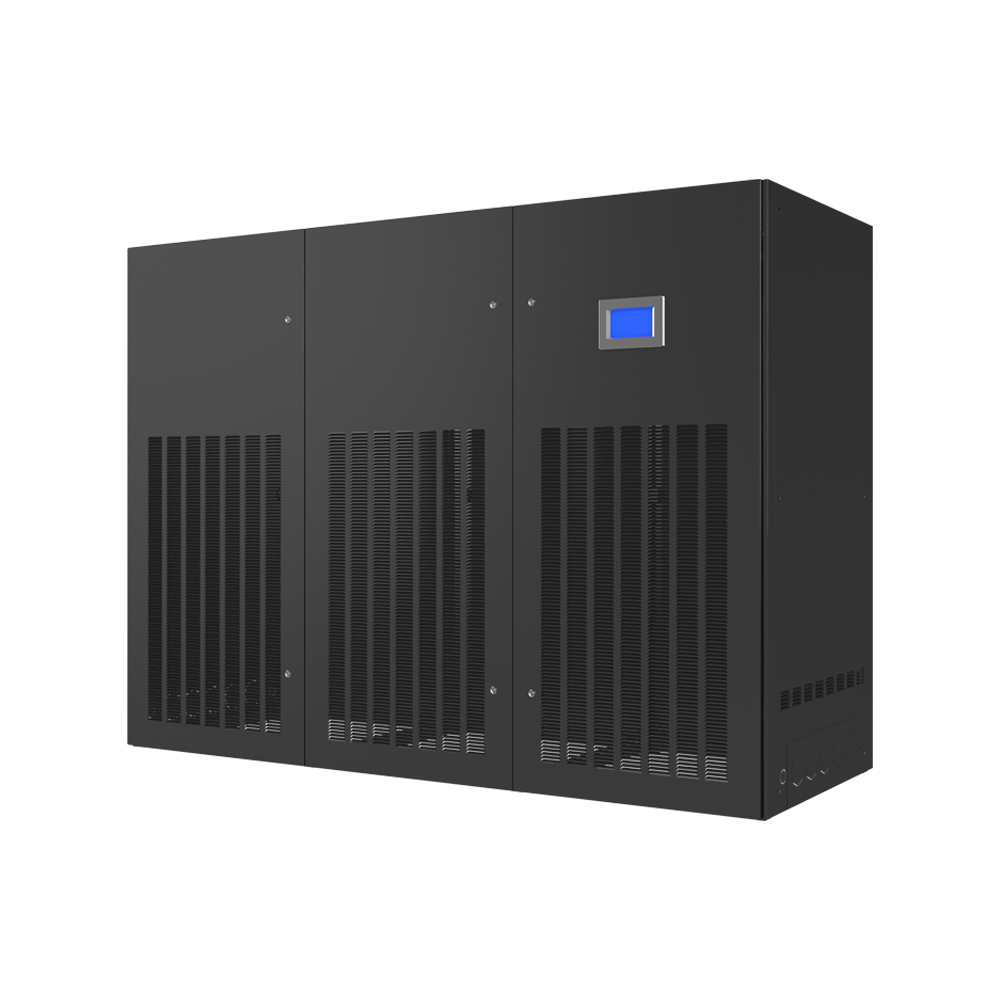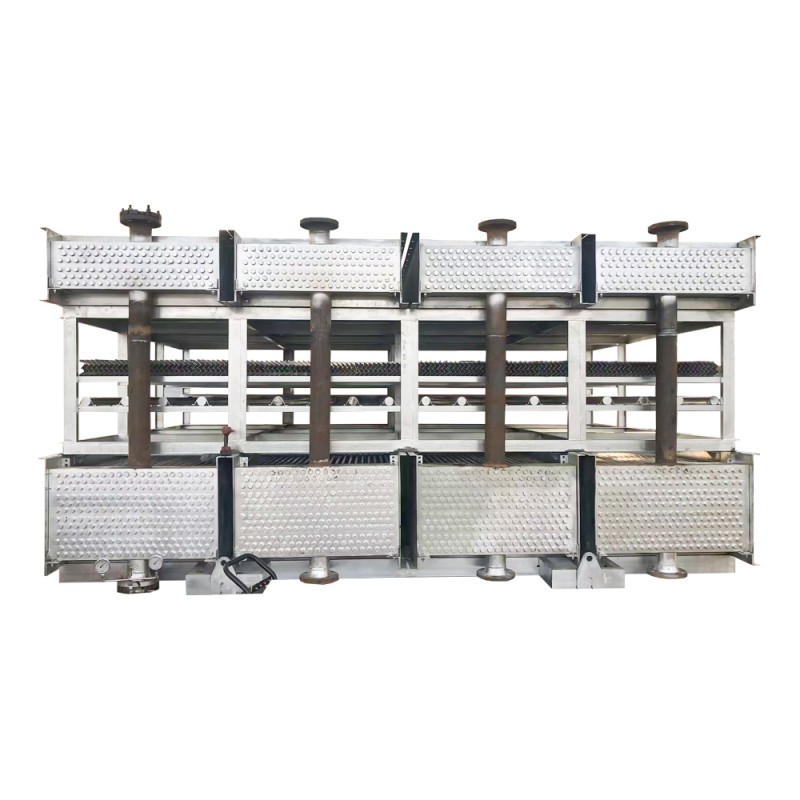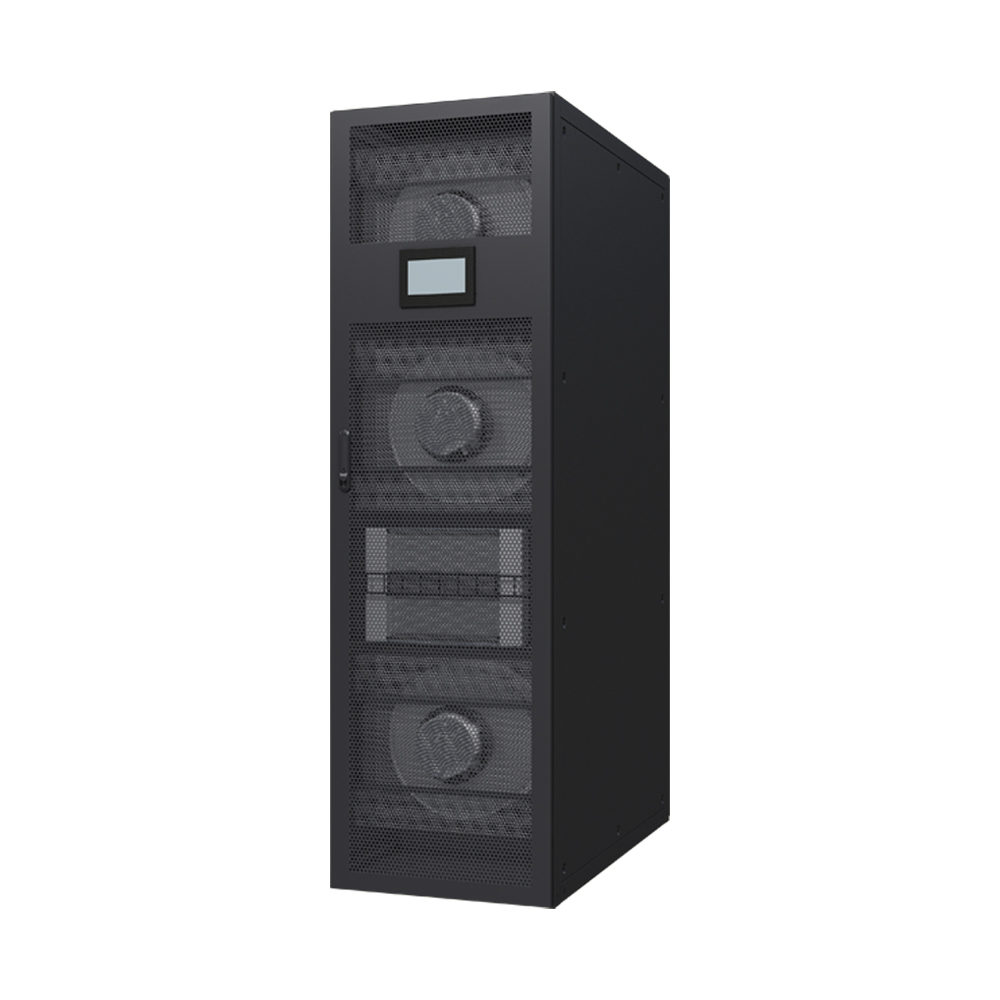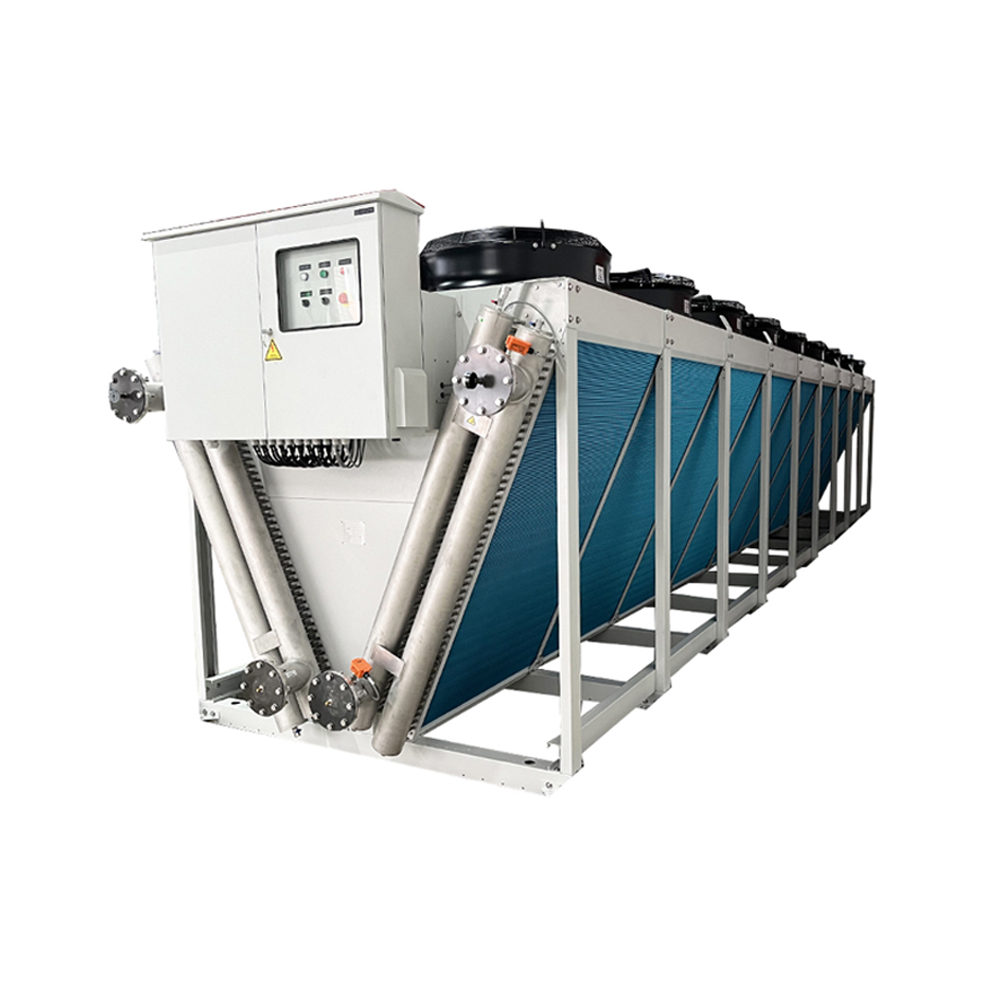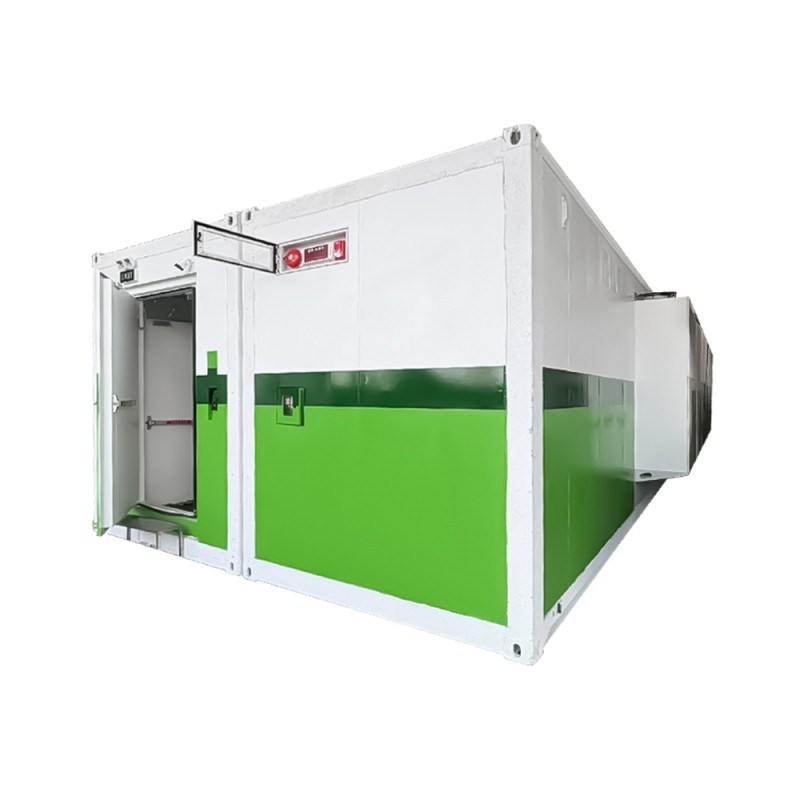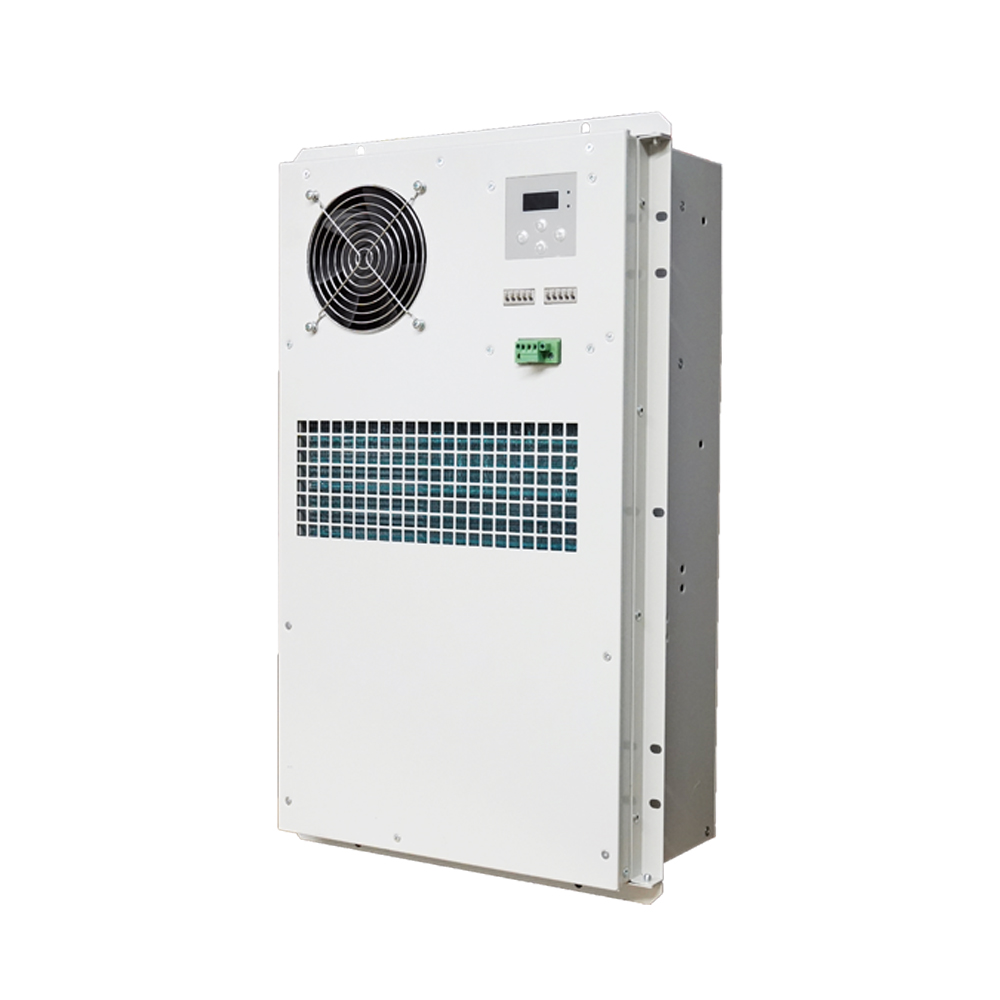Choosing the right OEM rooftop HVAC system is crucial for maintaining comfortable indoor environments and maximizing energy efficiency. This guide dives deep into the world of OEM rooftop HVAC units, offering insights for building owners, facility managers, and HVAC professionals. We'll examine various system types, key features, installation processes, and maintenance best practices. Understanding these aspects is vital for making informed decisions that optimize building performance and minimize operational costs.
Understanding OEM Rooftop HVAC Systems
OEM rooftop HVAC systems, also known as packaged rooftop units (RTUs), are pre-assembled units designed for installation on building rooftops. These self-contained systems typically include a refrigeration cycle, air handler, and controls, all integrated into a single unit. This design simplifies installation compared to split systems requiring separate indoor and outdoor components. The OEM designation signifies that these units are manufactured by original equipment manufacturers, often providing various customization options to meet specific building requirements.
Types of OEM Rooftop HVAC Units
Several types of OEM rooftop HVAC units cater to different needs and building sizes. These include:
- Single-package units: These are the most common type, offering a compact and efficient solution for smaller buildings.
- Multi-package units: Ideal for larger buildings, these units combine multiple smaller units for increased capacity and redundancy.
- Variable refrigerant flow (VRF) systems: VRF systems offer precise temperature control and enhanced energy efficiency through variable refrigerant flow management.
Factors to Consider When Choosing an OEM Rooftop HVAC System
Selecting the appropriate OEM rooftop HVAC system involves careful consideration of several factors:
Capacity and Efficiency
The system's cooling and heating capacity must match the building's requirements. Energy efficiency, measured by SEER (Seasonal Energy Efficiency Ratio) and HSPF (Heating Seasonal Performance Factor) ratings, is critical for minimizing operational costs. Higher ratings indicate better efficiency.
Building Requirements
Factors such as building size, occupancy, climate, and insulation levels significantly influence the choice of system. Consider the building's specific heating and cooling loads to ensure proper sizing.
Maintenance and Service
Accessibility for routine maintenance and repair is paramount. Choose a system with easily accessible components and consider the availability of local service providers.
Installation and Maintenance of OEM Rooftop HVAC Systems
Proper installation and regular maintenance are crucial for optimal performance and longevity of OEM rooftop HVAC systems. Professional installation ensures correct sizing, connection, and refrigerant charging. Routine maintenance, including filter changes, coil cleaning, and inspection of components, helps prevent breakdowns and maintains efficiency. Contact a qualified HVAC technician for installation and maintenance services. Regular maintenance also extends the lifespan of your system and minimizes unexpected repairs.
Finding the Right OEM Rooftop HVAC Supplier
Finding a reliable supplier is essential for a successful project. Look for suppliers with a proven track record, a wide range of products, and excellent customer support. Consider their experience with different types of OEM rooftop HVAC systems and their ability to meet your specific needs. For high-quality OEM rooftop HVAC solutions, consider exploring options from reputable manufacturers. [Shanghai SHENGLIN M&E Technology Co.,Ltd] offers a comprehensive range of HVAC solutions for various applications.
Conclusion
Choosing and maintaining the right OEM rooftop HVAC system is a significant investment that directly impacts building comfort, energy efficiency, and operational costs. By carefully considering the factors discussed in this guide, building owners and managers can make informed decisions to ensure optimal performance and minimize long-term expenses. Remember to prioritize professional installation and regular maintenance for the best results.









